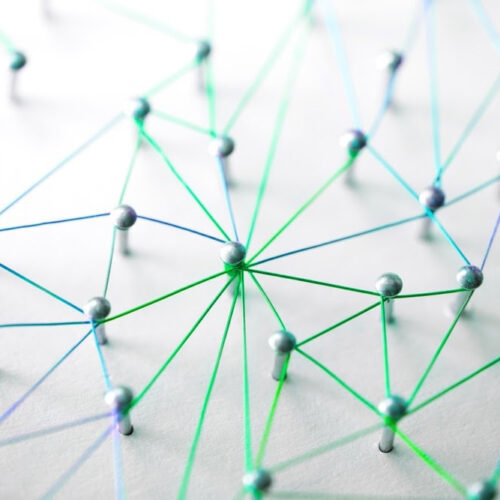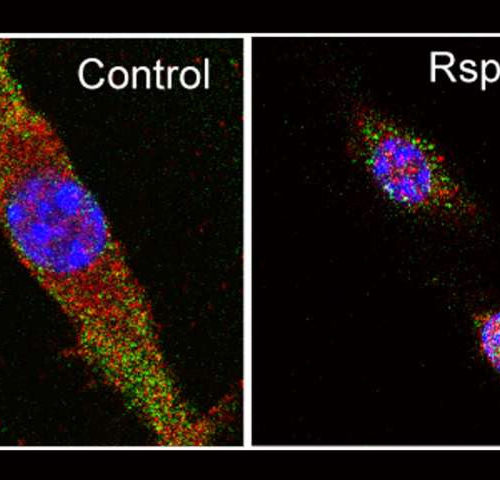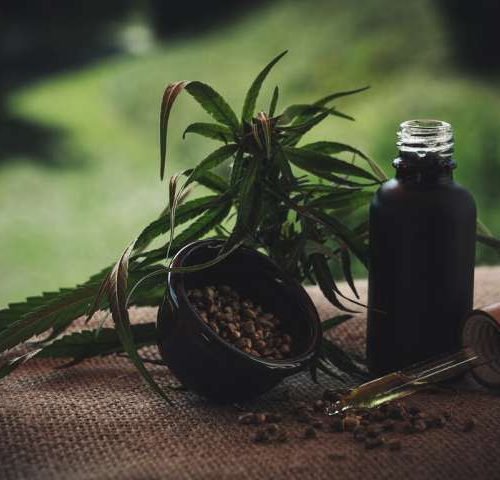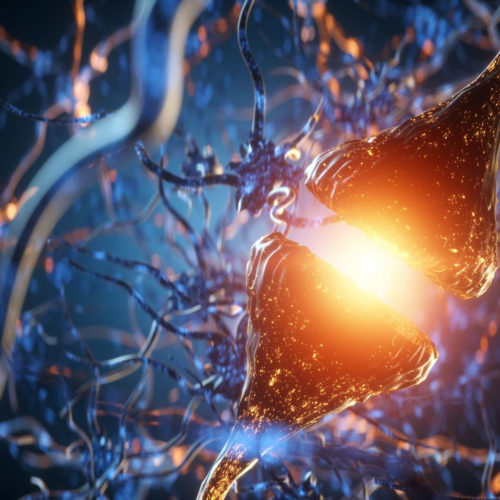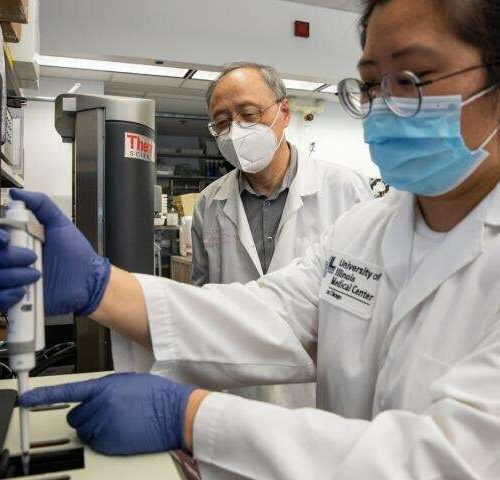By Antonia Du Bois, MSc Reviewed by Danielle Ellis, B.Sc. The human interactome represents a vastly complex and daunting mesh of communication networks across cells and organs. The number of protein-coding genes stretches to around 25,000, and the number of functionally critical relationships is expected to surpass 100,000. Image Credit: optimarc/Shutterstock.com Out of this complexity...
Tag: <span>pharmacology</span>
New study evaluates pharmacological treatment for insomnia
by University of Oxford Credit: CC0 Public Domain Two drugs, eszopiclone and lemborexant—both not currently licensed for the treatment of insomnia in the UK—were shown to perform better than others, both in the acute and long-term treatment of insomnia in adults, according to a new Oxford study exploring the pharmacological management of insomnia. The new study,...
Nutrients can mimic pharmacological effects of medicines
by Utrecht University Dr. Saskia Braber. Credit: Utrecht University Nutrients can work in surprisingly similar ways as medicines. Pharmacologists from Utrecht University conclude that more knowledge of the similarities between food and medicines could help develop diets to combat diseases. A Mediterranean diet, high-fiber food, and whole fruits and vegetables are well-known elements of healthy nutrition....
Study leads to better understanding of blood pressure regulation, atherosclerosis
A new University of Kentucky College of Medicine study provides insight into how a protein called angiotensinogen (AGT) contributes to blood pressure regulation and atherosclerosis. AGT is a member of the renin-angiotensin system, a hormone system in the human body that regulates blood pressure and fluid balance. AGT produces angiotensin II, which regulates blood pressure...
Reprogramming immune cells to reduce inflammation, promote tissue repair
by Jacqueline Carey, University of Illinois at Chicago Macrophages are white blood cells that, depending on the signals they get from the immune system, become specialized in either increasing or decreasing inflammation. When macrophages are programmed to be pro-inflammatory, they help to increase inflammation, which is beneficial for fighting infections; when they are programmed to...
Researchers reveal how THC may treat acute respiratory distress syndrome
by University of South Carolina Acute Respiratory Distress Syndrome (ARDS), when caused by a bacterial toxin known as Staphylococcal enterotoxin, can be completely prevented by treatment with Δ9-tetrahydrocannabinol (THC), a cannabinoid found in the cannabis plant. This exciting finding, recently published in the highly cited British Journal of Pharmacology, also suggests a possible treatment for...
“Love hormone” oxytocin could be used to treat cognitive disorders like Alzheimer’s
Scientists discover for the first time that oxytocin could be a potential new therapeutic option for cognitive disorders such as Alzheimer’s disease TOKYO UNIVERSITY OF SCIENCE OXYTOCIN, THE HORMONE THAT INDUCE FEELINGS OF LOVE AND WELL-BEING WITHIN US, ARE FOUND TO REVERSE SOME OF THE DAMAGE CAUSED BY AMYLOID PLAQUES IN THE LEARNING AND MEMORY…...
Study pinpoints brain cells that trigger sugar cravings and consumption
by Jennifer Brown, University of Iowa The hormone FGF21 is made in the liver and acts in the brain to suppress sugar intake and the preference for sweet taste. The cartoon illustrates the role FGF21 plays in food choices.Understanding the biological mechanisms that control sugar intake and preference for sweet taste could have important implications...
New antiplatelet drug shows promise for treating heart attack
by University of Illinois at Chicago UIC’s Xiaoping Du oversees Ph.D. student Yaping Zhanga enter a sample in an aggregometer in his lab at the College of Medicine Research Building Credit: Joshua Clark/University of Illinois at Chicago Researchers at the University of Illinois at Chicago have developed a new drug that prevents blood clots without...
Study pinpoints brain cells that trigger sugar cravings and consumption
by Jennifer Brown, University of Iowa The hormone FGF21 is made in the liver and acts in the brain to suppress sugar intake and the preference for sweet taste. The cartoon illustrates the role FGF21 plays in food choices.Understanding the biological mechanisms that control sugar intake and preference for sweet taste could have important implications...

